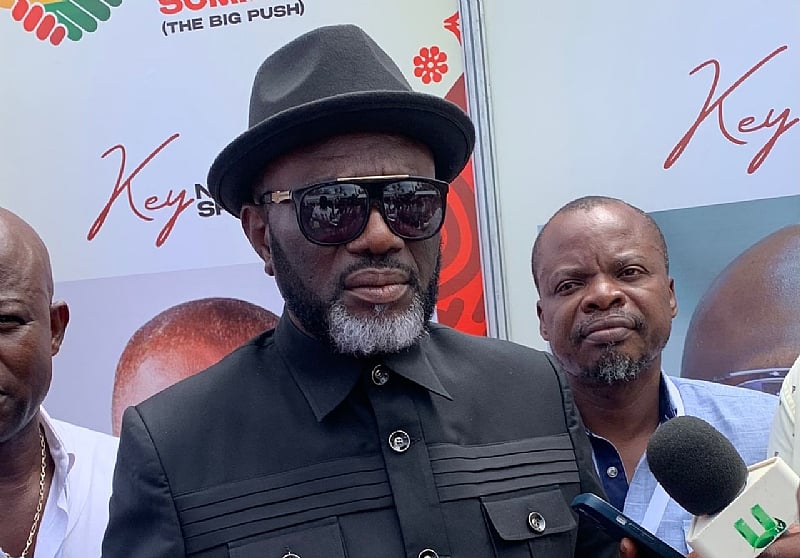The Ghana-China Business Summit served as a platform for crucial discussions on trade relations and investment opportunities between the two nations. Joseph Obeng, President of the Ghana Union of Traders Association (GUTA), emphasized the importance of inclusive partnerships between Chinese manufacturers and local Ghanaian businesses. He argued that while China possesses advanced technology, resources, and extensive experience capable of transforming Ghana’s manufacturing sector, it is essential that Ghanaians are actively involved and benefit directly from these investments. Obeng proposed a target of 30-40% local participation in Chinese-owned businesses, ensuring that Ghanaian entrepreneurs and workers share in the economic gains and acquire valuable skills and expertise. This approach, he believes, will create a more sustainable and mutually beneficial relationship, fostering long-term growth and development within Ghana.
Obeng further advocated for governmental support in establishing the necessary infrastructure to facilitate the growth of local industries. He highlighted the need for dedicated industrial parks, which he sees as crucial for implementing the government’s 24-hour economy policy and boosting local productivity. He noted that Chinese investors have already begun establishing their own industrial parks in Ghana, underscoring the urgency for the Ghanaian government to proactively create similar facilities to support local businesses and enhance their competitiveness. These industrial parks, Obeng argued, would provide the necessary platform for local businesses to thrive, participate in joint ventures with Chinese investors, and contribute effectively to the 24-hour economy initiative.
The summit also addressed the significant trade imbalance between Ghana and China. In 2023, China exported over $3.7 billion worth of goods to Ghana, while Ghana’s exports to China totaled $1.8 billion, resulting in a nearly $2 billion trade deficit. Obeng emphasized the need to bridge this gap by focusing on boosting local production and prioritizing value addition. By developing domestic manufacturing capabilities and increasing the value of Ghanaian exports, the country can reduce its reliance on imports and create more balanced trade relations with China. This, in turn, will strengthen Ghana’s economy, create employment opportunities, and improve the country’s overall trade position.
Obeng’s call for inclusive partnerships underscores the importance of mutual benefit in international trade and investment relations. While attracting foreign investment is crucial for economic growth, it is equally important to ensure that these investments generate tangible benefits for local communities. By involving local businesses in joint ventures and fostering technology transfer, Ghana can maximize the positive impact of Chinese investment and build a more robust and diversified economy. This collaborative approach will not only enhance local capacity but also create a more equitable and sustainable partnership between the two nations.
The development of industrial parks and the promotion of value addition are key components of Obeng’s vision for a more balanced and prosperous trade relationship with China. These initiatives will not only stimulate local production but also create opportunities for Ghanaian businesses to integrate into global value chains. By focusing on industries where Ghana has a comparative advantage and by investing in the infrastructure necessary to support these industries, the country can significantly increase the value of its exports and reduce its reliance on imported goods. This will, in turn, create a more resilient and sustainable economy, capable of competing effectively in the global marketplace.
The Ghana-China Business Summit provided a valuable opportunity for stakeholders from both countries to discuss challenges and opportunities in their bilateral trade relationship. The discussions highlighted the need for a more balanced and mutually beneficial partnership, where both nations can leverage their respective strengths to achieve common goals. By focusing on inclusive growth, sustainable development, and value addition, Ghana and China can build a stronger and more resilient economic partnership that benefits both countries in the long term. The implementation of Obeng’s recommendations, particularly with regard to local participation and the development of industrial parks, will be crucial for realizing the full potential of this partnership and ensuring that it contributes to the shared prosperity of both nations.


